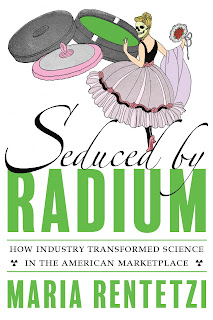Número especial de HCS-Manguinhos: Histórias transculturais de psicoterapias: novas narrativas
Url: https://www.scielo.br/j/hcsm/i/2022.v29suppl1/ Neste número especial investigamos histórias das psicoterapias. É possível encontrar o termo “psicoterapia” já em meados do século XIX. Médicos advindos de escolas diversas, como Tuke, Bernheim e Van Eeden começaram a utilizá-lo para definir terapias que buscavam o tratamento moral, curar automatismos, persuadir ou produzir catarse, afetando o corpo, a mente e o subconsciente. No início do século XX, a palavra ganhou maior espaço de circulação, sendo adotada por autores como Dubois, Janet, Forel, Jaspers e Jung, que passaram a buscar afetar comportamentos e o inconsciente. O termo ganhou ainda maior notoriedade e diversidade no pós-Segunda Guerra Mundial, passando a ser adotado por autores de referência psicanalítica, do gestaltismo, da escola existencial e mesmo por autores provenientes de referenciais cognitivo-comportamentais. No mundo contemporâneo, e apesar da falta de consenso sobre o seu significado, as psicoterapias ganha...
